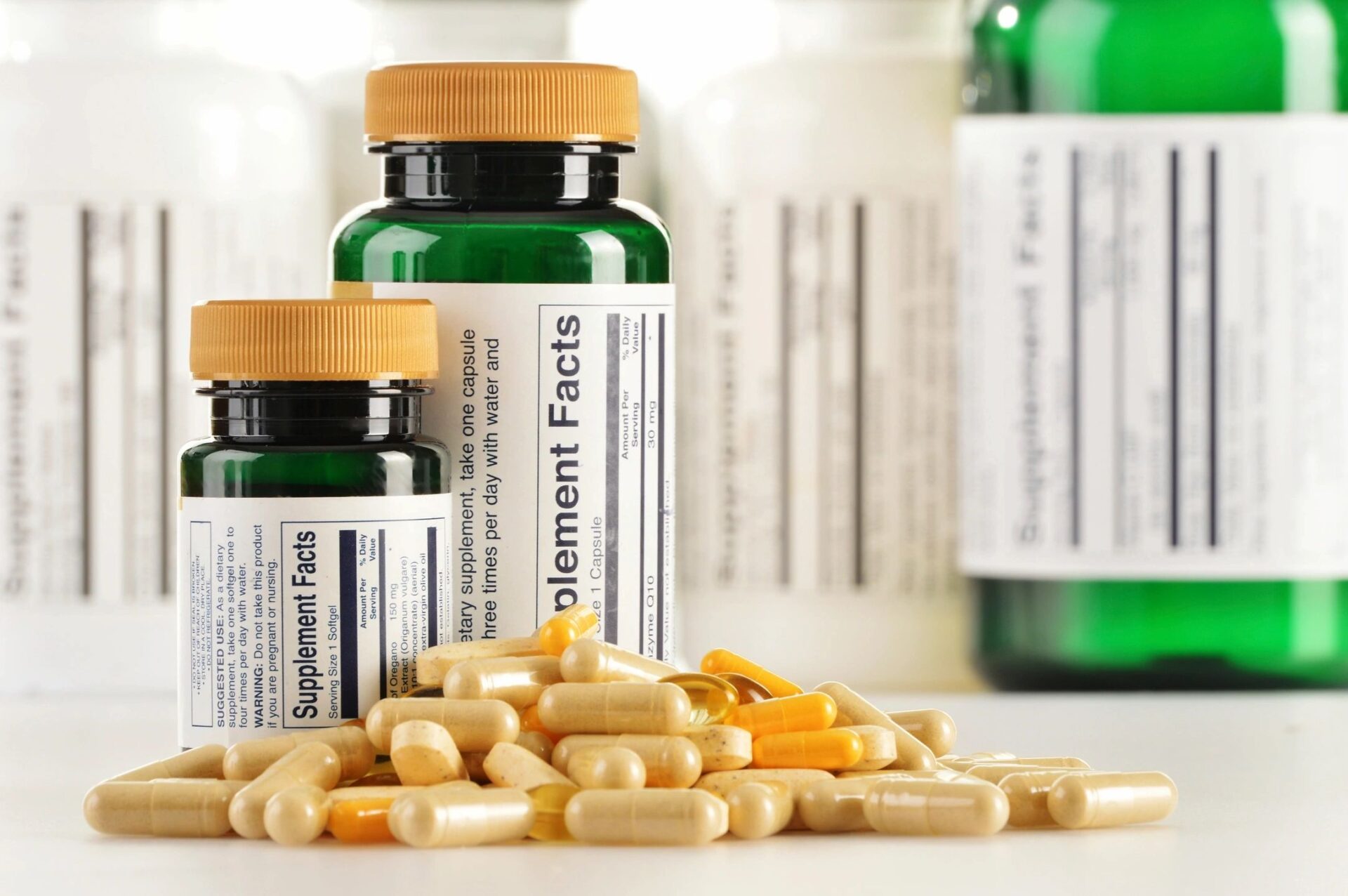Emerging research hints at a potential connection between vitamin D deficiency and depression, though the specifics remain murky. Many studies have observed that individuals dealing with depression often have low levels of vitamin D in their systems. This has led some experts to suggest incorporating more vitamin D into diets through fortified foods and lifestyle changes as a first step, rather than immediately turning to supplements.
Vitamin D, often dubbed the “sunshine vitamin,” is naturally produced in the body when skin is exposed to sunlight. Its role extends beyond bone health, potentially influencing mental health as well. Studies have shown a correlation between low vitamin D levels and depression. For instance, individuals experiencing postpartum depression frequently exhibit deficiencies in this crucial nutrient. While such findings suggest a link, they do not necessarily prove causation, leaving room for further exploration.
Smaller studies have provided some hope that vitamin D might help alleviate depressive symptoms. One such study, involving 56 participants with mild to moderate depression, revealed that vitamin D supplementation over eight weeks appeared to improve the severity of their symptoms. However, the long-term benefits of vitamin D in combating depression remain unclear, especially when weighed against findings from larger trials.
A larger study conducted in 2020, which followed more than 18,000 individuals over five years, challenged the notion of vitamin D as a universal remedy for depression. Participants who took 2,000 IU of vitamin D daily showed no significant improvement in depression scores compared to those who took a placebo. This highlights the complexity of the relationship between vitamin D and mental health, suggesting that supplementation might not work the same way for everyone.
While the potential connection between vitamin D and depression sparks interest, more research is essential to clarify whether increasing vitamin D levels can meaningfully reduce depressive symptoms. Future studies will need to examine how deficiencies and supplementation interact with various forms of depression and individual health factors. Until then, embracing sunlight exposure and vitamin D-rich foods remains a safe, proactive approach for those looking to support both their physical and mental well-being.

